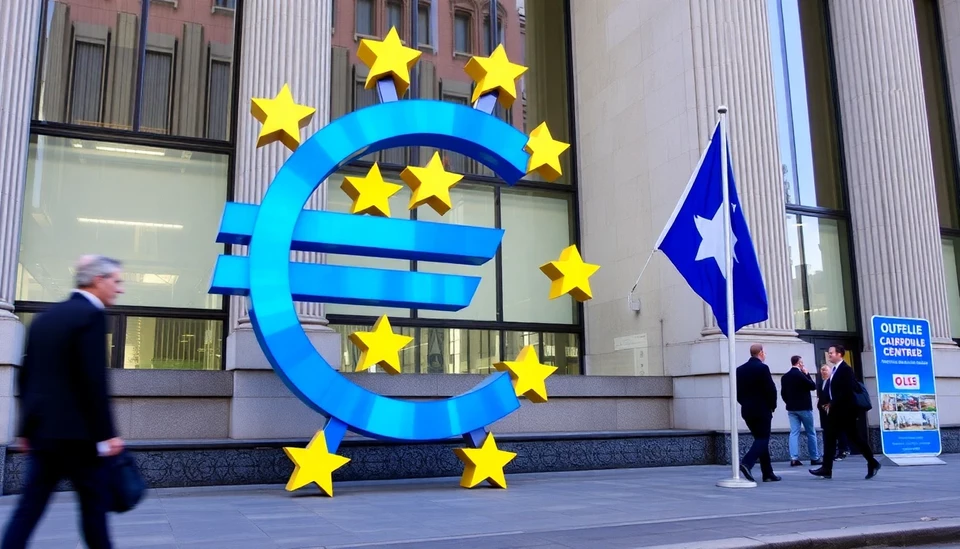
In a significant development for the European economy, wage growth within the Euro Zone has shown signs of cooling, dropping from record highs. This change may play a critical role in shaping monetary policy decisions by the European Central Bank (ECB) in the coming months. The data released has raised expectations for potential rate cuts as the central bank navigates a complex economic landscape.
Recent figures indicate that wage increases in the Euro Zone, which hit unprecedented levels amidst a backdrop of inflation, are now beginning to stabilize. Experts attribute this moderation to a variety of factors, including easing inflation pressures and a potential realignment in labor and market dynamics. As cost-of-living concerns start to ease for many European households, the previous fierce competition for skilled labor is also showing signs of lessening.
The trend comes at a time when the ECB has been grappling with the dual challenge of fostering economic growth while controlling inflation rates that surged during the recovery from the pandemic. The moderating wage growth could provide the ECB with the leeway needed to consider cuts to its interest rates, a move that some analysts predict could be on the table in the near future.
Additionally, experts highlight that a slowdown in wage demands aligns with other economic indicators suggesting a softening labor market. Companies seem less inclined to offer substantial pay increases as economic uncertainty looms, influenced by global factors such as energy prices and supply chain challenges. This shift could suggest a more cautious approach to compensation, which, in turn, supports the ECB's objective of maintaining price stability.
Market reactions have been robust, with investors closely monitoring these developments. Financial analysts contend that if wage growth continues to decline, it could solidify expectations of looser monetary policy in the Euro Zone, which is crucial for encouraging investments and consumer spending.
As the situation unfolds, it remains pivotal for the ECB to maintain a balance between stimulating growth and preventing any resurgence of inflation that could undermine economic recovery. Observers will be looking closely at upcoming statements from the central bank and employment data to better assess the trajectory of wage growth and its implications for the broader economy.
In conclusion, while the retraction in wage growth may seem concerning at first glance, it is being interpreted by many as a necessary adjustment that could ultimately benefit the Euro Zone's economic landscape by allowing the ECB more flexibility in its policy decisions.
#EuroZone #WageGrowth #ECB #MonetaryPolicy #Economy #Inflation #InterestRates #FinancialNews #EconomicOutlook
Author: Laura Mitchell




